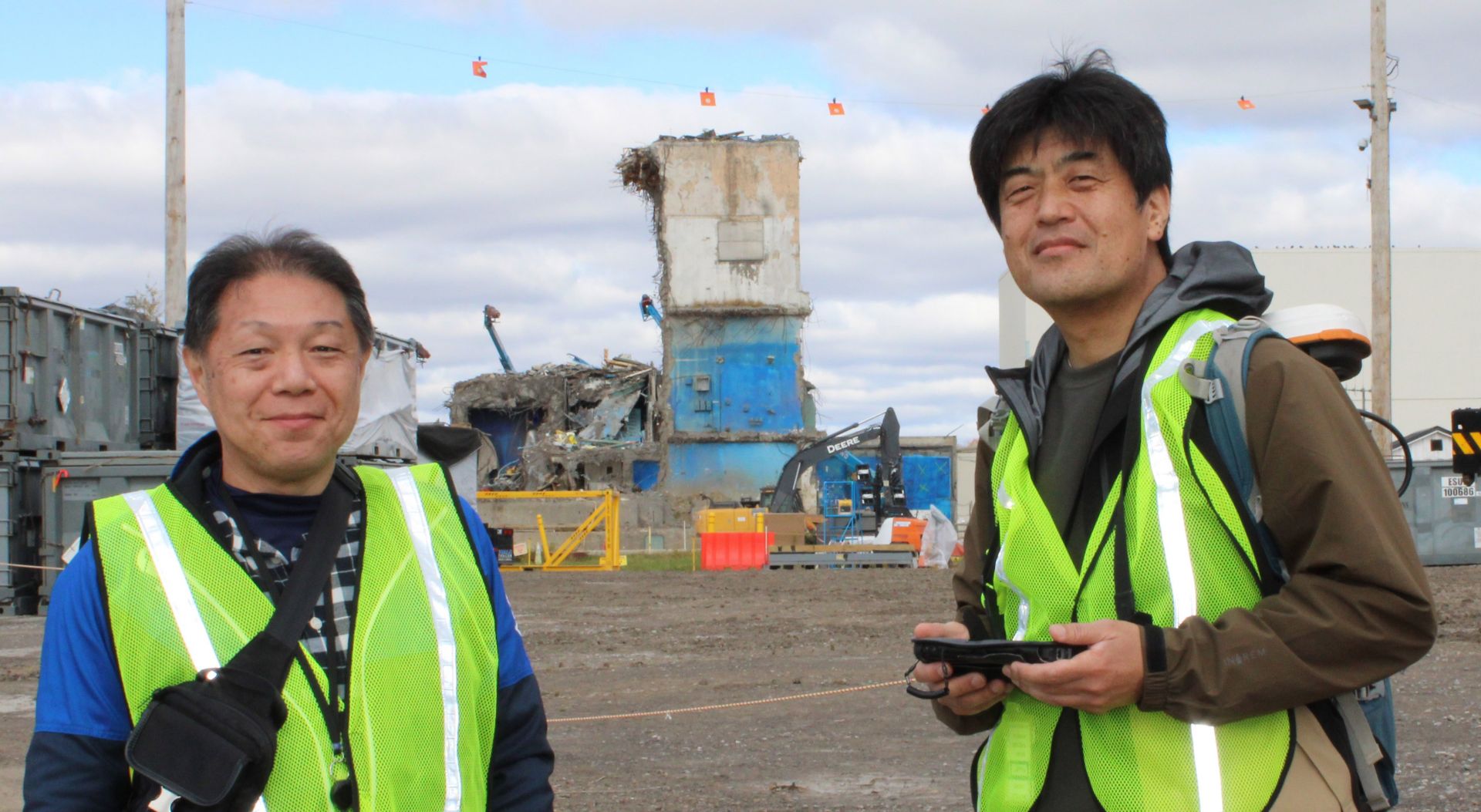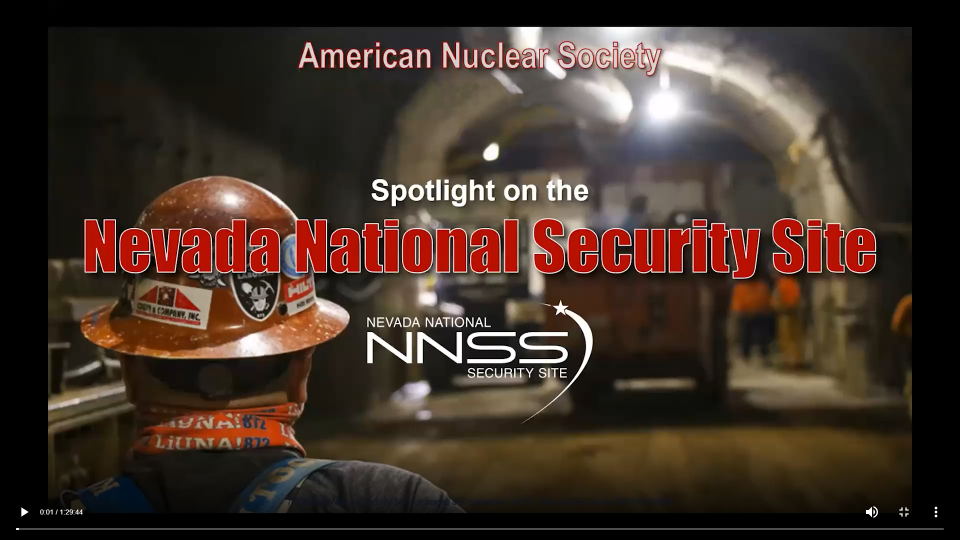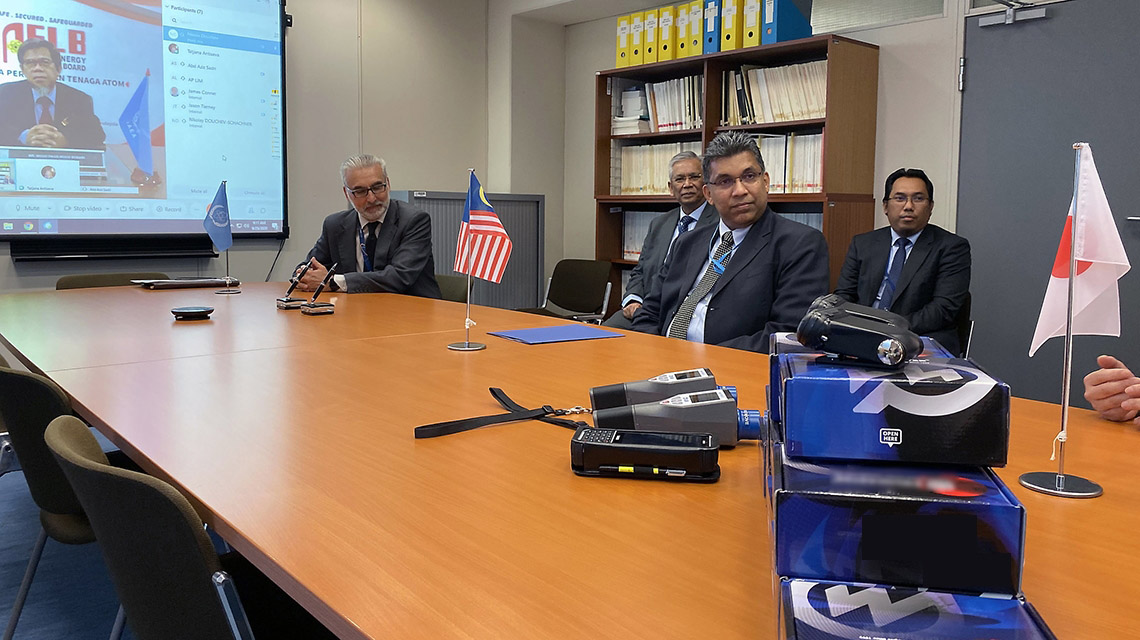Japanese researchers test detection devices at West Valley

Two research scientists from Japan’s Kyoto University and Kochi University of Technology visited the West Valley Demonstration Project in western New York state earlier this fall to test their novel radiation detectors, the Department of Energy’s Office of Environmental Management announced on November 19.




